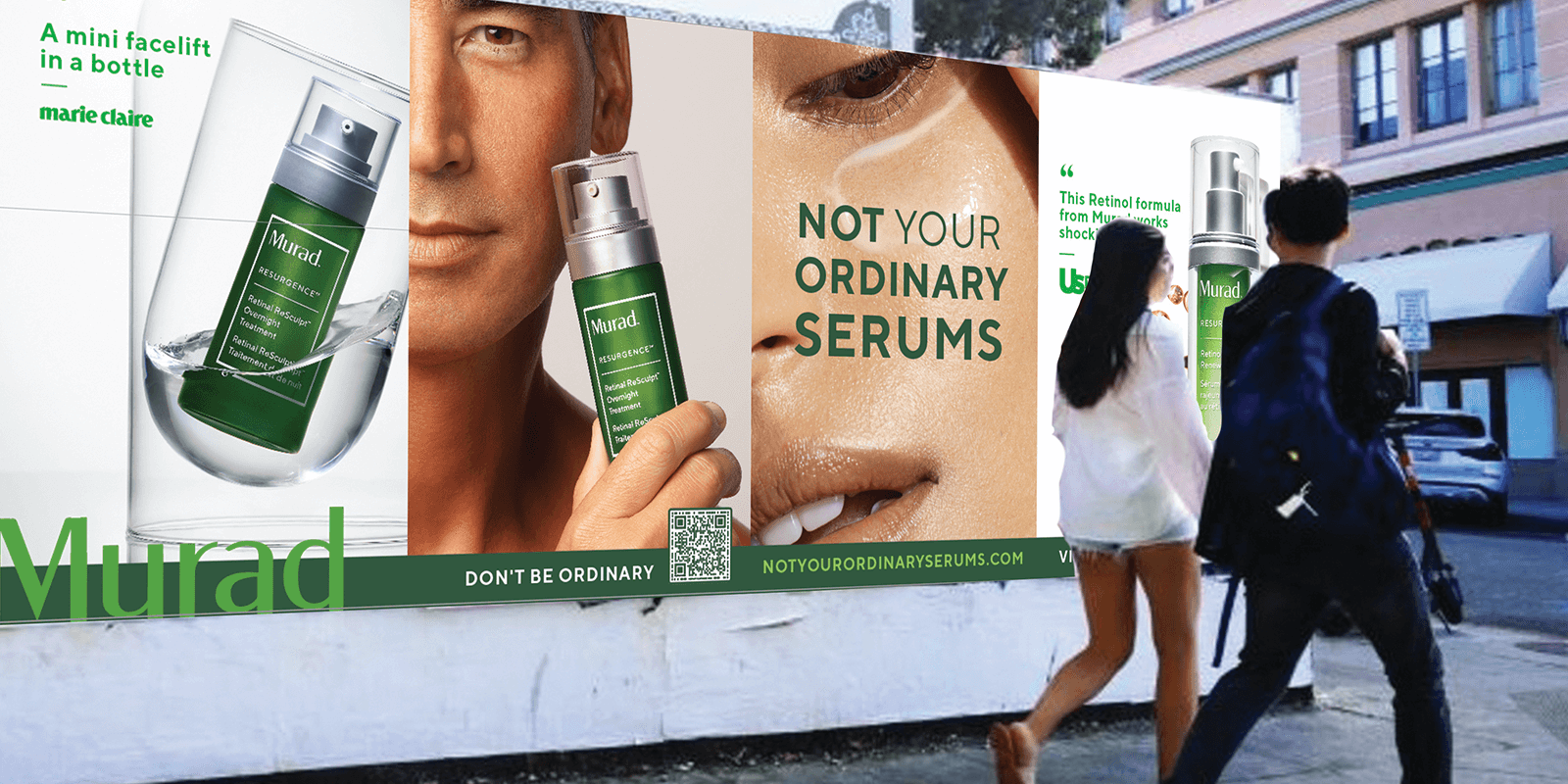
Leverage Social Media Platforms
Social media platforms like Instagram, TikTok, and Pinterest are at the forefront of skincare advertising. These platforms are visual in nature, making them ideal for showcasing product benefits, tutorials, and customer testimonials. Skincare brands can create engaging content, such as before-and-after transformations, quick skincare routines, and live Q&A sessions.
For example, Instagram allows brands to use Stories and Reels to reach a broad audience with short, impactful videos. TikTok, known for its trending challenges and viral content, is an excellent platform for demonstrating how products work in creative ways. Social media also allows direct engagement with customers through comments and messages, building a loyal community.
Collaborate with Influencers
Influencer marketing is one of the most effective advertising options for skincare brands. Influencers have dedicated followers who trust their recommendations, making them a powerful voice for promoting products. By partnering with influencers who align with the brand’s values and target audience, skincare companies can reach new customers authentically.
Micro-influencers, with smaller but highly engaged audiences, are especially valuable for niche skincare products. Their detailed reviews and tutorials often feel more relatable and trustworthy. Collaborations can range from product reviews and unboxings to sponsored posts and giveaways, all of which drive visibility and credibility.
Create Video Content
Video content remains a cornerstone of effective advertising for skincare brands. Platforms like YouTube, Instagram Reels, and TikTok offer opportunities to showcase how products work, share expert advice, and create compelling stories. Tutorials, product demonstrations, and customer testimonials work particularly well in video format.
Skincare brands can also produce long-form videos that educate audiences on skincare routines, ingredient benefits, or seasonal skincare tips. High-quality, informative videos not only engage viewers but also position the brand as an authority in the skincare industry.
Use Paid Advertising Campaigns
Paid advertising allows skincare brands to target specific demographics and interests, ensuring their products reach the right audience. Google Ads helps brands appear at the top of search results when users look for skincare solutions. Similarly, social media platforms like Facebook and Instagram offer advanced targeting options based on age, location, interests, and behaviors.
Retargeting ads are another effective strategy, reminding potential customers of products they viewed but didn’t purchase. Paid campaigns, when optimized, can drive traffic, increase conversions, and build brand awareness.
Embrace Content Marketing
Content marketing focuses on creating valuable, informative content that educates and engages potential customers. Blogs, articles, and guides on skincare tips, ingredient benefits, and product comparisons help build trust and authority. When optimized for search engines, this content also drives organic traffic to the brand’s website.
For example, a brand could publish a blog titled “Top 5 Ingredients for Radiant Skin” and highlight its products that contain those ingredients. By providing helpful information, skincare brands position themselves as trusted advisors, encouraging customers to choose their products.
Utilize Email Marketing
Email marketing is a direct and personal way to connect with customers. Skincare brands can use email campaigns to share exclusive offers, announce new product launches, and provide personalized recommendations. Segmented email lists allow brands to tailor messages to different customer groups, improving engagement and conversions.
For example, customers who previously purchased anti-aging products can receive emails about related serums or moisturizers. Personalized emails strengthen customer relationships, encourage repeat purchases, and keep the brand top of mind.
Highlight User-Generated Content
User-generated content (UGC) is a powerful advertising tool that builds authenticity and trust. Skincare brands can encourage customers to share their experiences through photos, videos, or reviews. Featuring real people using the products creates a sense of relatability and inspires others to try them.
UGC can be shared on social media, websites, or in paid ads to showcase real results. For example, a customer’s before-and-after photo demonstrating a product’s effectiveness can be more persuasive than traditional advertising.
Host Webinars and Live Events
Hosting webinars and live events is an excellent way to engage directly with customers while showcasing expertise. Topics such as “How to Build a Skincare Routine” or “The Science Behind Our Products” provide value and build credibility. Live events on platforms like Instagram or YouTube also allow real-time interaction, enabling customers to ask questions and learn more about the brand.
These events can also feature guest speakers, such as dermatologists or influencers, adding authority and interest. Webinars and live sessions build stronger connections with audiences and reinforce the brand’s value.
Optimize for Search Engines (SEO)
Search engine optimization (SEO) is crucial for ensuring that a skincare brand’s website ranks highly in search results. By targeting keywords like “best moisturizer for dry skin” or “natural anti-aging serums,” brands can attract users actively searching for solutions. Optimizing product pages, blog posts, and meta descriptions improves visibility and drives organic traffic.
Local SEO is also important for skincare brands with physical stores. Ensuring the brand appears in “near me” searches helps attract local customers, increasing in-store visits and sales.
Run Social Media Contests and Giveaways
Contests and giveaways generate excitement and encourage audience participation. Skincare brands can ask followers to tag friends, share posts, or submit photos to enter, increasing visibility and engagement. Prizes like free products or gift cards motivate participation while introducing the brand to new audiences.
For example, a giveaway offering a complete skincare set can attract significant attention. These campaigns also build goodwill, making customers more likely to engage with the brand in the future.
Focus on Sustainability and Transparency
Today’s consumers value brands that prioritize sustainability and ingredient transparency. Advertising campaigns that highlight eco-friendly packaging, cruelty-free certifications, or sustainable sourcing resonate with conscious shoppers. Transparency about ingredients and their benefits builds trust and helps customers make informed choices.
For example, a campaign showcasing the use of recyclable packaging or vegan formulas can appeal to environmentally conscious consumers. Emphasizing these values in advertisements sets the brand apart and strengthens its reputation.
Leverage Influencer-Led Product Launches
When launching a new skincare product, partnering with influencers can generate buzz and excitement. Influencers can create anticipation through teasers, unboxings, or first impressions. Their endorsement adds credibility and ensures the product reaches a wide audience quickly.
For example, a popular beauty influencer could demonstrate the product in a tutorial or share a detailed review. Influencer-led launches often lead to higher engagement and faster adoption of new products.
Conclusion
Advertising options for skincare brands have evolved significantly, offering diverse strategies to connect with customers and achieve success. From leveraging social media and influencers to optimizing SEO and using user-generated content, these methods ensure that skincare brands reach their target audience effectively. By embracing these innovative advertising strategies, skincare brands can stand out in a competitive market, build trust, and drive long-term growth for their business. Find out the advertising options for skin care brands here. Get an overview what opportunities you have advertising skincare product lines.








